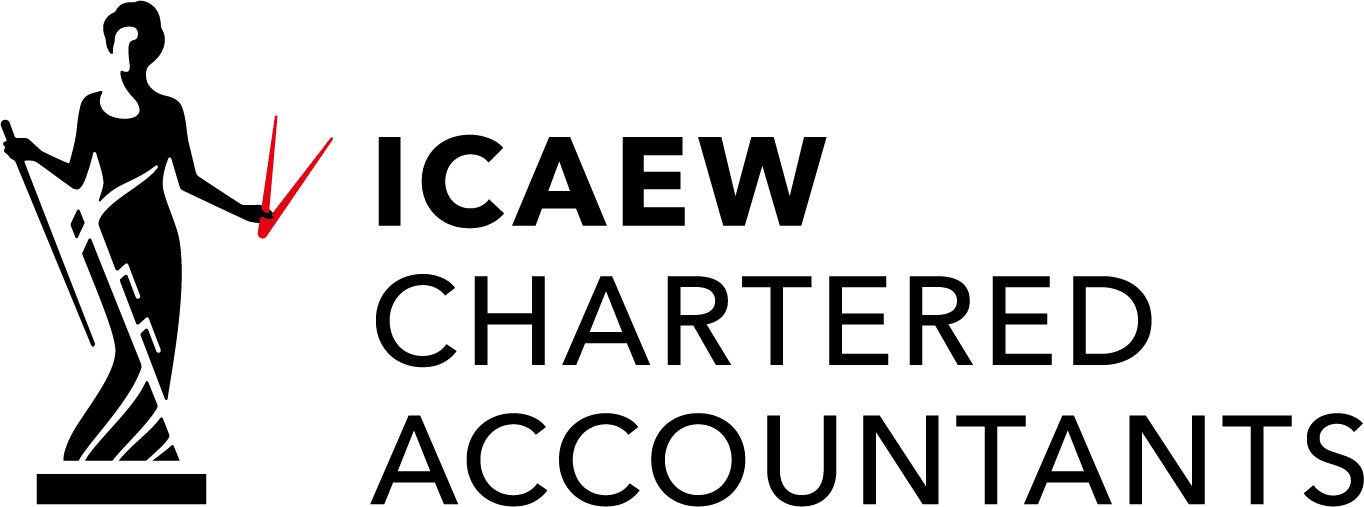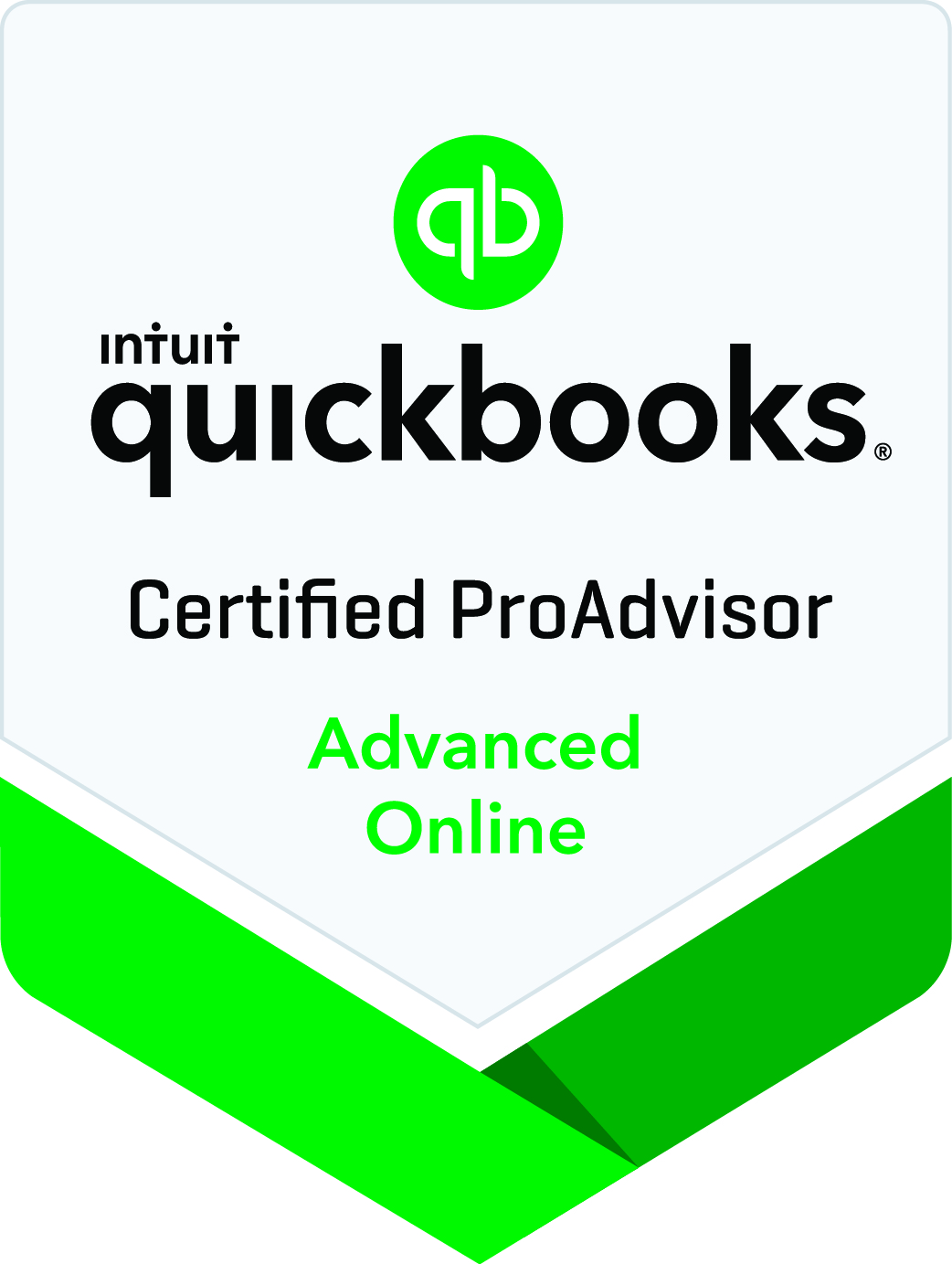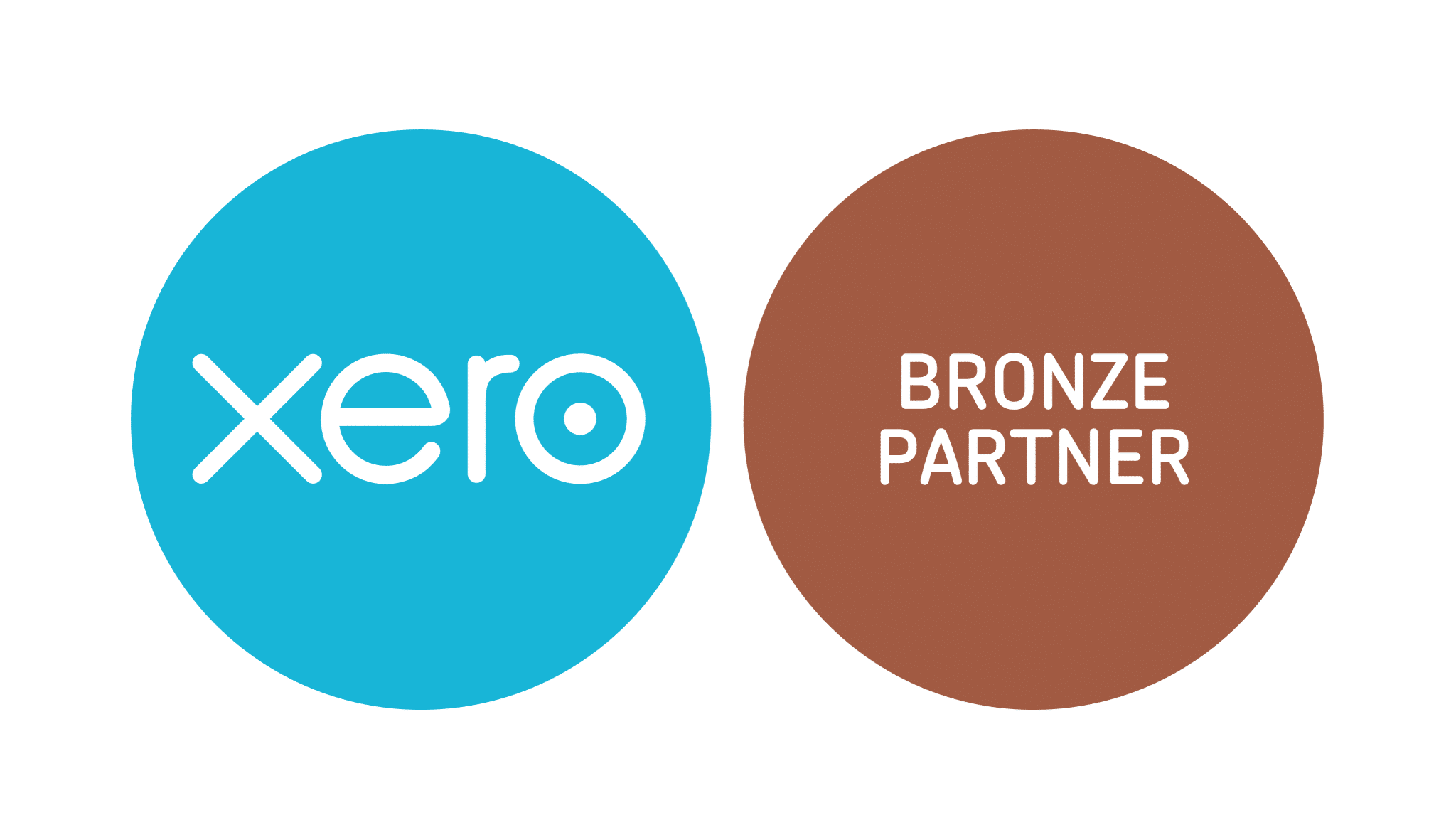What do I need to consider when choosing an accountant?
Anyone can call themselves an ‘Accountant’ or ‘Tax Advisor’ as these terms are unregulated. Even HMRC do not currently require any specific qualifications for a person to become a tax ‘agent’. This means that it is up to the client to ensure that they choose an accountant or tax advisor who is professional, technically able and with strong ethical standards.
The first thing to look out for is whether they have a professional qualification and belong to a professional supervisory body. Many of the stronger qualifications require years of studying and experience with a commitment to maintain and refresh that knowledge regularly if they are to keep the right to that qualification. If an accountant has any qualifications this should be obvious from their business stationery and/or website. There are all sorts of accountancy bodies and various initials that you will come across but it is essential to look for a qualification and membership of one of the following professional bodies: Institute of Chartered Accountants in England & Wales (ICAEW), Association of Chartered Certified Accountants (ACCA) or the Chartered Institute of Management Accountants (CIMA). Membership of these bodies can be identified with the ACA/FCA, ACCA or CIMA initials after the accountant’s name.
Membership of these organisations requires accountants to abide by strong professional and ethical standards and requires them to continually keep up-to-date with relevant regulations and practices. In practice this means that they will regularly attend training sessions and read relevant journals and magazines, thus ensuring that you are receiving the latest and most current advice. Failure to comply with any of these requirements could subject the accountant to disciplinary action. Clients who do not receive a good standard of service from their accountant can first follow the complaints procedure of the accountancy practice and if this does not resolve the issue they can then make a formal complaint to the professional body that they belong to, adding an extra layer of protection for the client.
With banks tightening their lending criteria, they have been increasingly asking self-employed individuals and directors of limited companies to provide financial information certified by an accountant when applying for a mortgage or business loan. They will often only accept certifications from accountants with specific qualifications from a reputable accounting body.
Secondly, consider whether the accountant has professional liability insurance so that they are covered for any potential negligence claims. This is important not only for the accountant but also for the client in case mistakes are made by the accountant. Without insurance, any errors made by an accountant could be costly for the client.
Thirdly, are they the type of accountant who will be regularly in touch throughout the year and not just once a year when the accounts need preparing? It is so important for a business to keep on top of their profit throughout the year and on a quarterly basis at a minimum. Keeping on top of the accounts, profitability and estimated tax liability is essential for a business to grow and manage its cashflow. Likewise individuals need to plan for tax saving opportunities as early as possible in the tax year and not just before the tax year-end or even after the tax year has passed!
Fourth, are they able to provide all the services that you require? If you require a lot of work such as book-keeping, payroll, VAT, tax returns and accounts it will be far more cost and time efficient to use one accountant to do all of the work for you.
Fifth, are they able to offer services beyond the numbers and do they have a genuine passion for seeing your business succeed? Through doing the book-keeping and accounts preparation work, accountants get invaluable insight into your business and can often offer business advice outside the accounting and tax areas and usually have a good list of contacts to help you with your business.
Finally, speak to or meet the accountant in person and see if they are someone you can work with and understand. They should be friendly and approachable as well as knowledgeable. Accountants need to be able to meet a lot of statutory and tax deadlines so it is essential that they are organised and responsive otherwise it is the client that is liable for the penalties.




